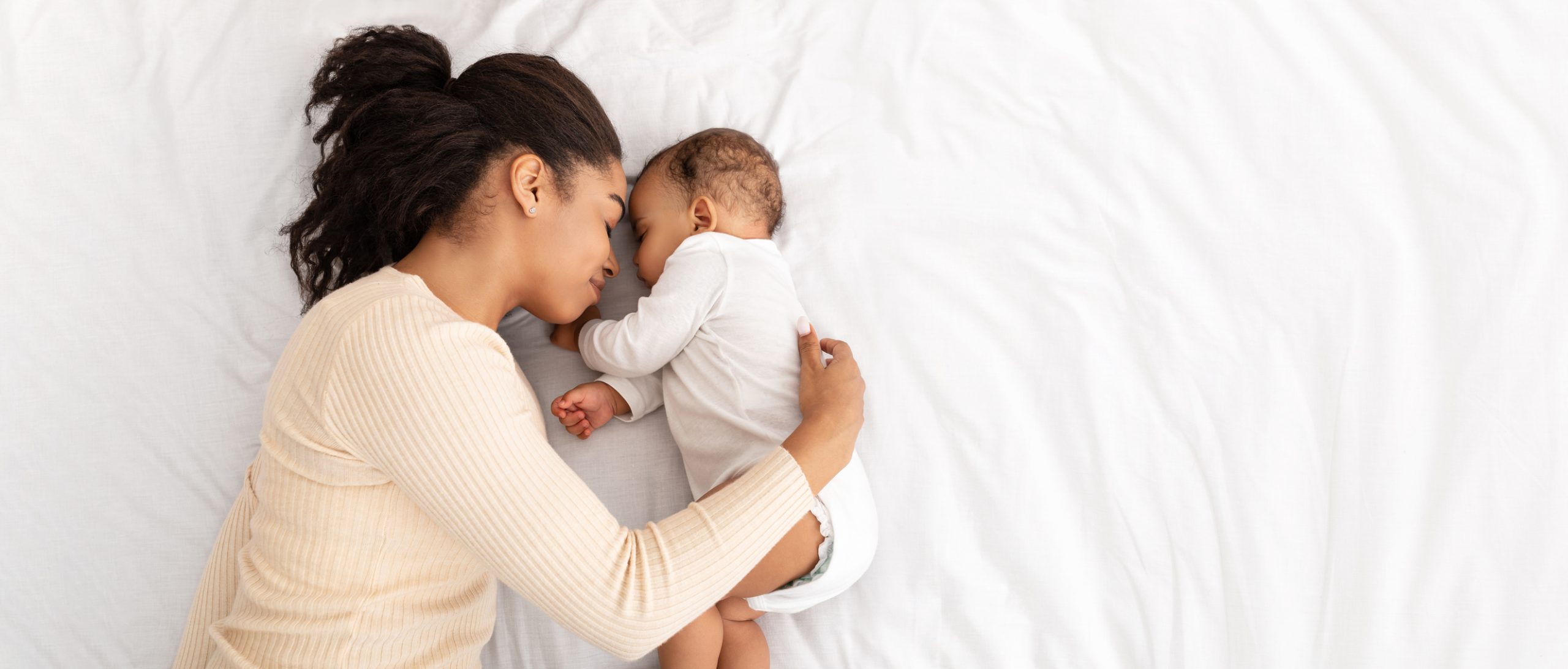Sleep Apnea in Infants

Sleep Apnea in Infants
Sleep apnea is a problem that affects 50-70 million US adults. But did you know that it can also affect infants?
Infant sleep apnea is a sleep-related breathing disorder. While a baby is sleeping they might pause before taking another breath. These problems can cause the baby to not sleep well, never achieving REM status.
Your infant may have sleep apnea if they have:
- Prolonged pauses lasting 20 seconds or longer
- Patterns of repeated pauses
- Low oxygen or slow heartbeat
Sleep apnea treatment for babies
Treating sleep apnea in an infant should be discussed with your doctor. Some infants receive supplemental oxygen and some need medications. These are usually short-term solutions.
Most babies outgrow sleep apnea as they grow older and 98% of preemies will be symptom free by their due date.
Sleep apnea treatment for adults
Adults who suffer from sleep apnea can utilize the gold standard in sleep apnea treatment – CPAP machines.
CPAP (continuous positive airway pressure) therapy is a treatment to help those suffering from sleep apnea. Using a CPAP machine can help keep the airways open by using mild air pressure. A CPAP machine can ensure your airways don’t collapse when you breathe at night.
How CPAP works
When you utilize CPAP therapy, you wear a CPAP mask while you sleep that is hooked up via a tube to a machine. That machine then delivers pressurized air.
Why use CPAP?
It can take a while to get adjusted to using CPAP therapy, but the payoffs are significant:
– Keeps your airway open while you sleep
– Reduces or eliminates snoring
– Improves quality of sleep
– Reduces or eliminates daytime sleepiness
– May reduce high blood pressure
Who needs CPAP therapy?
Anyone suffering from sleep apnea. Sleep Care doctors can properly diagnose and confirm whether or not CPAP therapy can help you get a better night’s sleep.
To find out if your insurance covers a CPAP machine and supplies, fill out our Qualify Through Insurance form.
